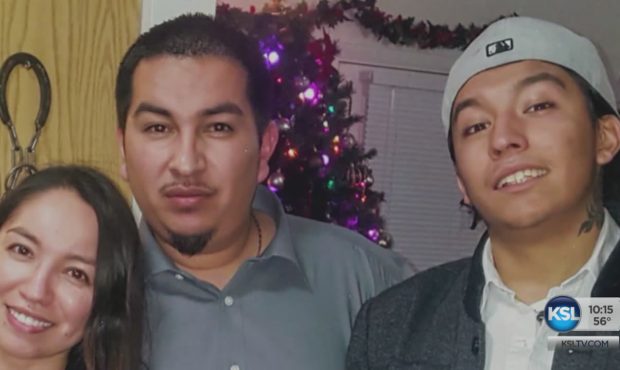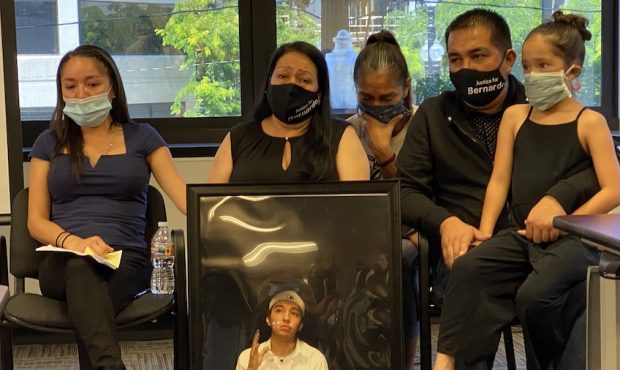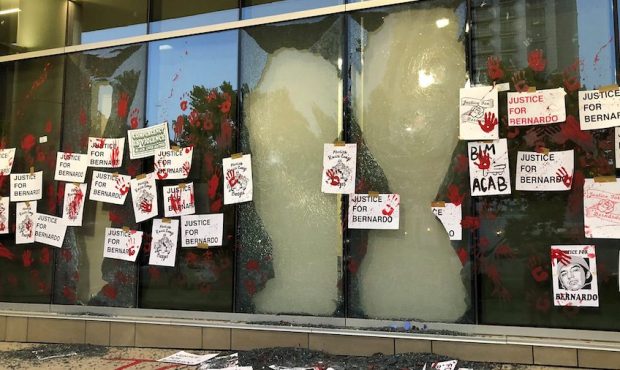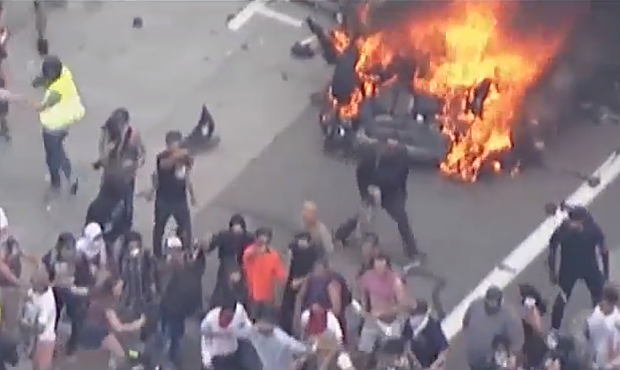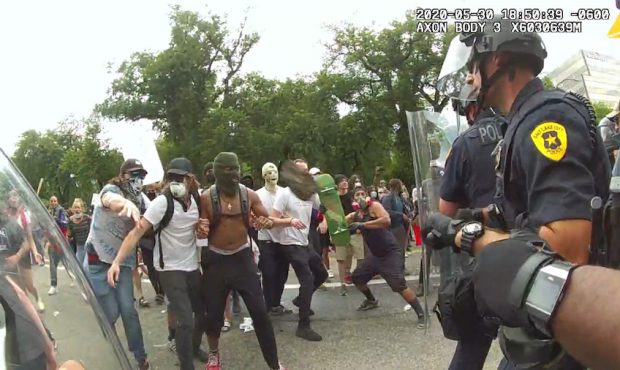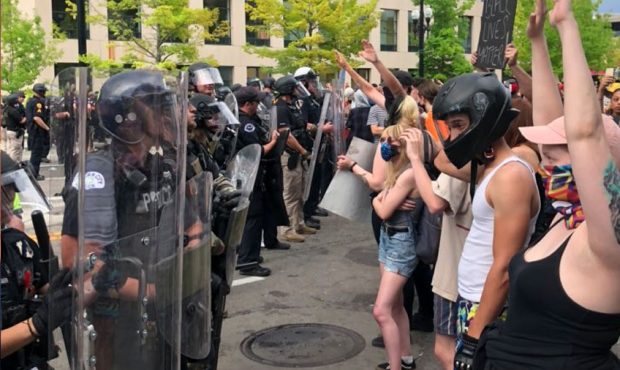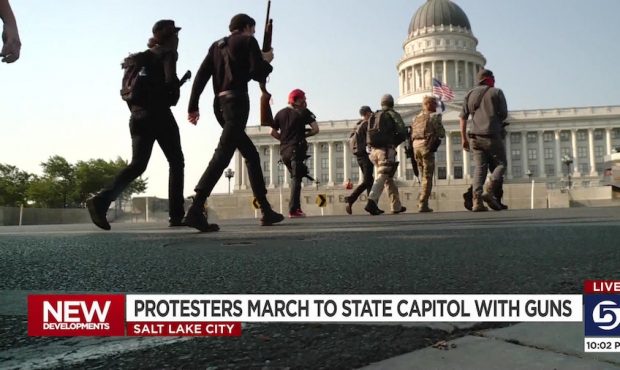Salt Lake DA Lays Out 22 Police Reform Recommendations
Jul 13, 2020, 9:17 PM | Updated: Oct 30, 2022, 10:59 pm
SALT LAKE CITY — Salt Lake County District Attorney Sim Gill has released his recommendations for police reform, a conversation that’s sparked dozens of protests over the past few months, some of which turned violent.
The 15-page document spelled out 22 changes Gill would recommend given that “the laws justifying deadly force in Utah are more generous to law enforcement officers than to other members of our community.”
So that’s his first idea: apply the same legal standards for self-defense to police as are applied to non-officers.
Utahns face certain limitations in self-defense that officers do not, including the requirement of “imminent danger.”
The current code allows an officer to use deadly force if he or she “reasonably believes it’s necessary to prevent death or serious bodily injury to another person.”
Gill pointed out Utah state law should define imminent danger as other states have done, and require that threat be present for an officer to be justified in using deadly force.
“Do I think there will be opposition or support? I think it will go both ways,” said Gill. “There will be people who will come up with issues we haven’t thought about, but that is critical because right now, one thing we can be certain — that there is a disconnect between our community of citizens and what our law is providing.”
Gill said that he is not trying to present the only answer, but give lawmakers a starting point ahead of next year’s legislative session, adding his office is well-positioned to make these recommendations because of how many officer-involved critical incidents it’s investigated.
“The Salt Lake County District Attorney’s office, unfortunately, has had to review almost 100 cases in the last 10 years, and so we sort of see where our limitations are, and we understand that there is something more that our community wants,” he said.
Of the 22 ideas, most were for changes to state laws, although four of them were about possible changes to policies and training requirements.
A few other suggestions were: that law enforcement uses the least lethal force reasonably available and effective, and require officers to attempt de-escalation or non-escalation tactics first — again, if reasonable.
Gill would authorize prosecutors to convene grand juries as an investigative tool when an officer uses deadly force.
He would also empower cities to create civilian review boards in opposition to a House bill passed in 2019 that limits the power of cities to delegate authority over police departments and chiefs.


